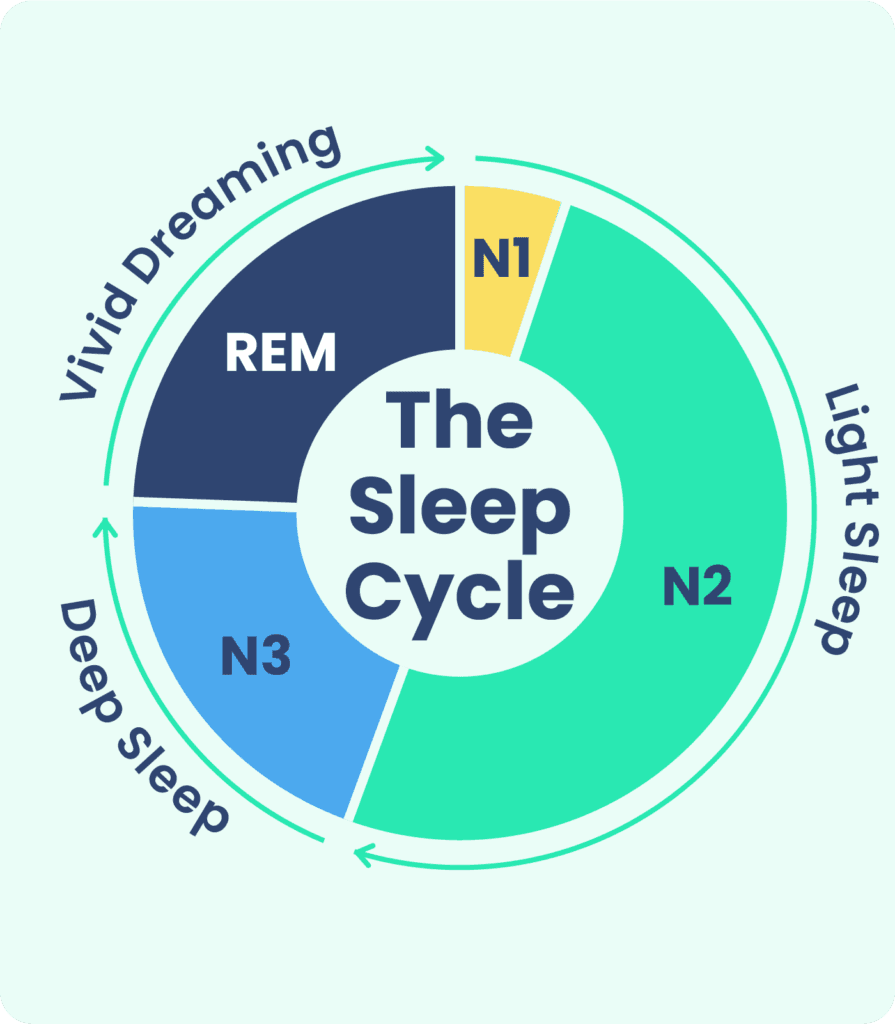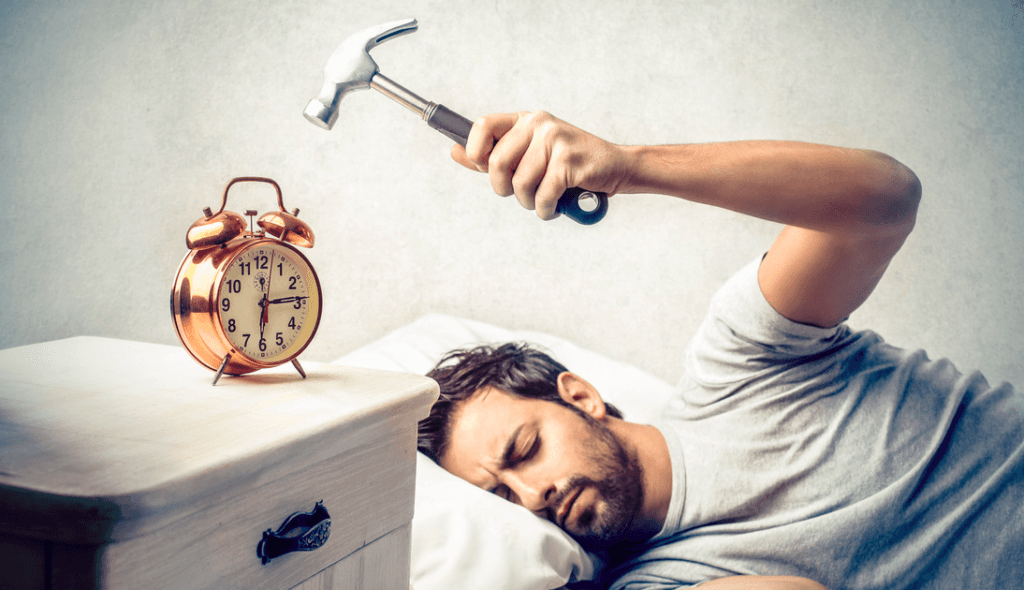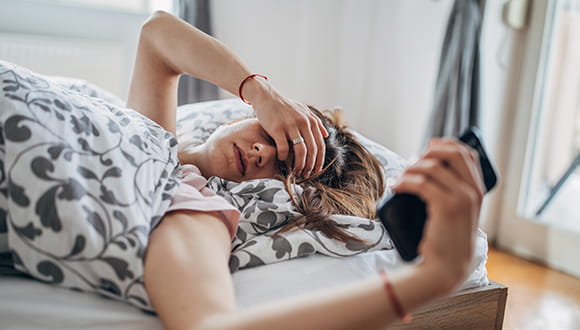You snooze, you loose
June 6, 2023
Written by: ANJELO LEARD CLASS OF 2024
The blog discusses the negative effects of setting multiple alarms and snoozing them, leading to fragmented sleep and decreased cognitive ability, and provides tips for improving sleep hygiene and waking up refreshed

As medical students, alarms are a life saver, because they help us leave the comfort of our bed to start a new day. An alarm is conventially set prior to sleep and helps us to wake up when it is required but unfortunately all of us have a habit of ;
1. Setting too many alarms that are set 5 or 10 minutes apart with the expectation that we will wake up for one of these alarms that have been set. (Eg: 5:00am , 5:05am, 5:10am, 5:15am)
2. Endlessly snoozing the alarm with the expectation of an extra 5 minutes of sleep.
Both these actions that we carry out without too much thought is scientifically proven to result in fragmented sleep leading to a feeling of fatigue, compromised attention span, decreased cognitive ability as well as negatively impacting on your mood.
To understand the effect of the above mentioned habits we should first have a clear understanding of the sleep cycle and its components. The sleep cycle is divided into 5 main stages;

Wake stage, N1 stage, N2 stage, N3 stage (N1 – N3 stage is known as the NREM stage) and REM stage
Wake stage : where we are fully awake.
N1 stage (Falling asleep) : heart beat and breathing slow down, muscles begin to relax, transition from wakefulness to sleep and lasts for about 5-10 minutes.
N2 stage (Light sleep) : heartbeat and breathing slow down further, no eye movements, body temperature drops and brain produces sleep spindles, this stage lasts approximately 20 minutes
N3 stage (Slow wave sleep) : Deepest sleep state, heartbeat and breathing are at their slowest rate, no eye movements ,body is fully relaxed, delta brain waves are present, tissue repair ,growth and cell regeneration are promoted and immune system strengthens, lasts for approximately 20 to 40 minutes
REM sleep: primary dreaming stage, eye movements become rapid, breathing and heart rate increases, limb muscles become temporarily paralyzed while brain activity is markedly increased, lasts for about 20 to 40 minutes
According to experts the sleep that you get from snoozing an alarm isn’t considered quality sleep. When you press the snooze button you drift into a new sleep cycle where you are at REM sleep and when the next alarm rings you wake up mid cycle resulting in you feeling tired and groggy.

so what can you do to ensure that you get quality sleep and wake up to the sound of your first alarm feeling fresh;
1. limiting screen time before you you go to bed
2. incorporating relaxing activities into your nightly routine (such as reading a book, doing a crossword
puzzle or having a shower before bed)
3. creating a suitable environment that promotes sleep (eg: silent room with dimmed lights)
4. create a consistent circadian rhythm if possible where you go to sleep and wake up at approximately the same time each day, this will allow you to wake up to the sound of the first alarm as you will naturally be at the end of your REM stage.
5. Get atleast 6 to 8 hours of sleep, this sounds absurd to a medical student as our schedules are packed and our daily to do lists overflowing with work but its best we try our best to get at least 6 full hours of sleep to make our day productive and efficient.
6. Set realistic alarms, this is very important as we tend to set alarms that we will most probably not wake up to, just to please ourselves and to avoid the guilt of oversleeping, but its best we set alarms at a reasonable time in which we have received an adequate amount of sleep instead of interrupting our sleep with unrealistic alarm times.
7. last but not the least its best if you train yourself to get up from bed or sit up on bed at the sound of the first alarm instead of remaining laying down which can promote you to fall back to sleep. Another tactic is to position the alarm clock out of your reach ( such as away from your bed on a table or some place that you can’t reach laying down on bed) to ensure that you will have to get off bed to switch it off.

Following these tips can help improve your sleep hygiene and allow you to feel fresh and ready to take on a new day.
So the next time you wake up in the morning to the “not so sweet” sound of your alarm clock make sure to question yourself, ‘Do I really want to press that snooze button?’
